THE VOICE FOR THE ENERGY CONSUMER
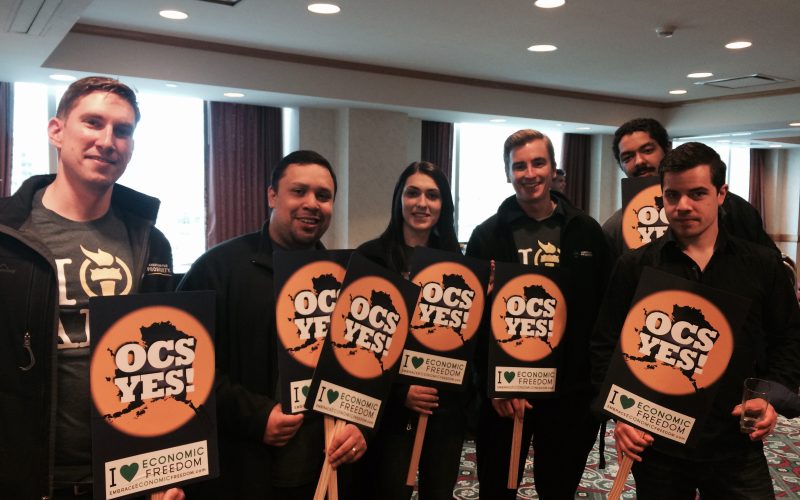
In front a crowd of supporters holding up signs that read “OCS YES!”, energy consumers, producers, and business leaders from across Alaska came together to express their support for more.
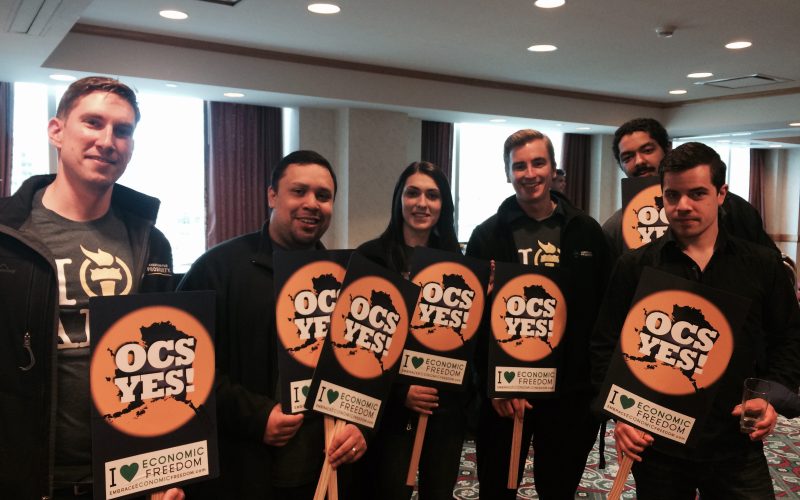
In front a crowd of supporters holding up signs that read “OCS YES!”, energy consumers, producers, and business leaders from across Alaska came together to express their support for more.
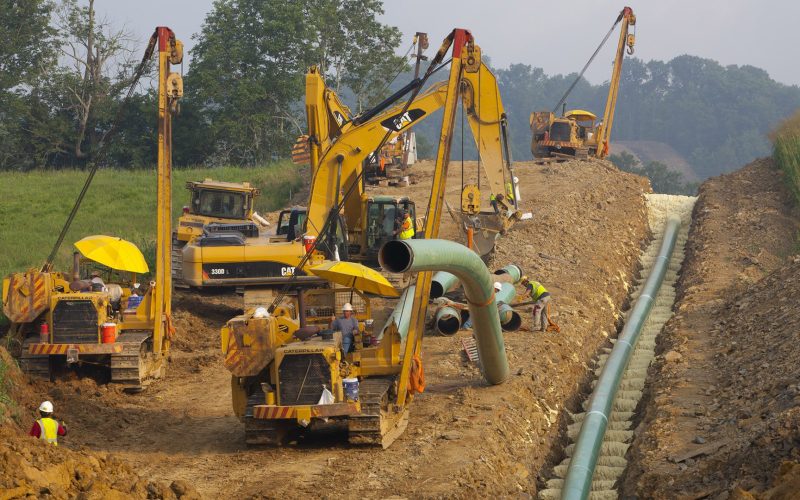
President Obama may be reluctant to support the KXL, but American business leaders recognize that the project is a key part of continuing a profitable trade relationship with Canada. Billionaire.

When Bill Gates gets involved, you know it’s serious. That’s why we were glad to see Microsoft founder and billionaire philanthropist pounding the lectern over the need for more funding.

Washington, DC – Today, President Obama will follow through on a promise to veto legislation to approve the Keystone XL oil pipeline, claiming that Congress is trying to usurp his.

For the second time in as many months, a judge has overturned a local ban on oil and gas production. Judges in Mora County, New Mexico and now Columbus, Ohio,.
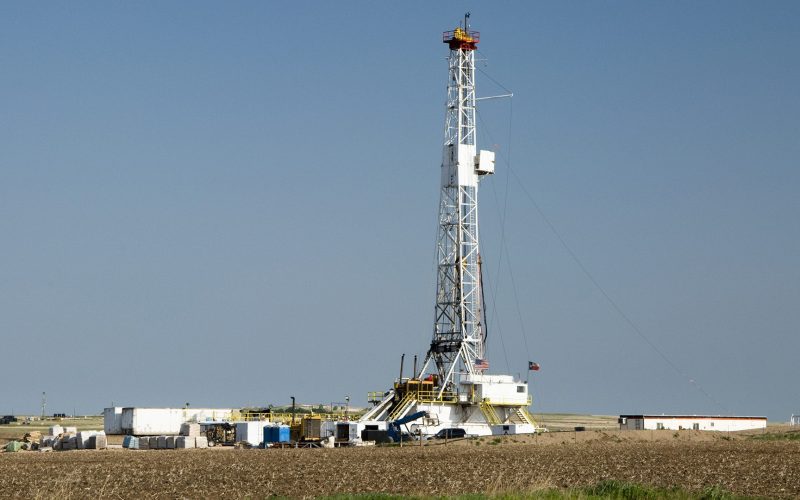
On Feb 10th, CEA President David Holt sat down with Michael Berry on Houston’s KTRH to discuss energy policy for a full hour. The discussion covered everything from oil prices,.
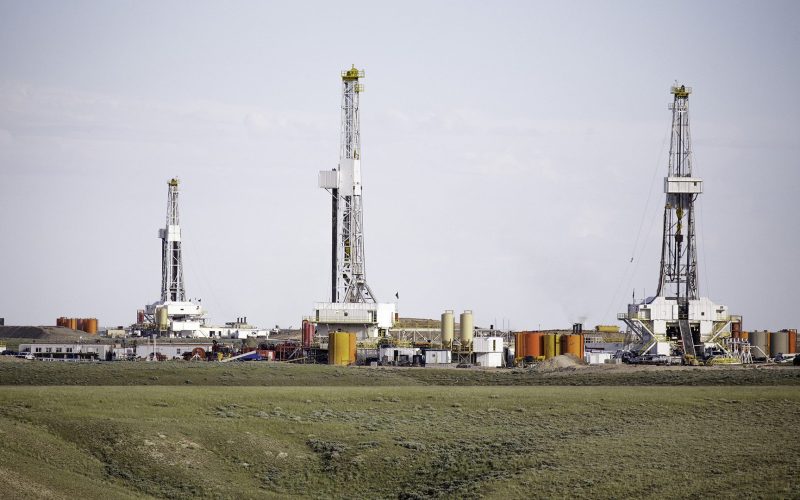
When groups take the irresponsible and uneducated position of saying no to energy development, everyone – especially those in oil-rich Texas communities – lose, CEA President David Holt says in.

Bloomberg reports that a steady decline in gas prices has left consumers with extra cash in their pockets after filling up their tanks. For one heavy-commuting family in Pennsylvania featured.
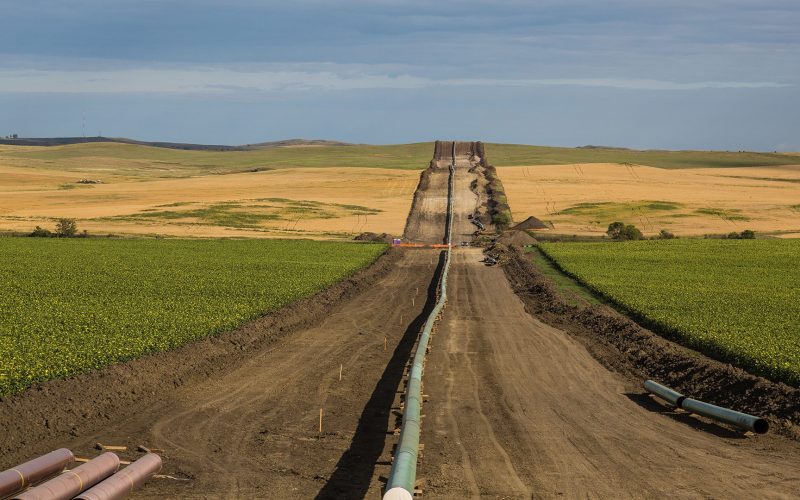
Today, the Senate voted to approve pro-Keystone legislation, setting the stage for what is likely to become one of the first Republican legislative victories in the new congressional session. After.